The Problem of Caste
Caste is one of the oldest concerns of the social sciences in India that continues to be relevant even today. This book tracks how scholars from different disciplines have responded to the caste question in independent India and highlights recent shifts in perspective.
The general perception about caste is that it is an outdated concept that was slowly but inevitably dying out until it was revived by colonial policies and promoted by vested interests and electoral politics after independence. However, this hegemonic perception changed irrevocably in the 1990s after the controversial reservations for the Other Backward Classes recommended by the Mandal Commission. Mandal triggered a new awakening by revealing that only a privileged upper caste minority believed in the declining significance of caste-for the vast majority of Indians caste continued to be a crucial determinant of life opportunities.
This volume collects significant writings spanning seven decades, three generations and several disciplines. The introduction contextualises established perspectives in relation to emergent concerns, and is followed by forty essays organised into six sections.
The first section offers a sample of disciplinary responses ranging from sociology to law. The second explores the relationship between caste and class, while the third highlights the interplay between caste and politics.
The fourth section covers old and new challenges in law and policy. Emergent research areas are represented in section five and section six showcases post-Mandal innovations in caste studies.
This transdisciplinary volume brings together sociologists, anthropologists, political scientists, historians, economists and others. It will be essential reading for students and scholars across these disciplines.
Get it now and save 10%
BECOME A MEMBER

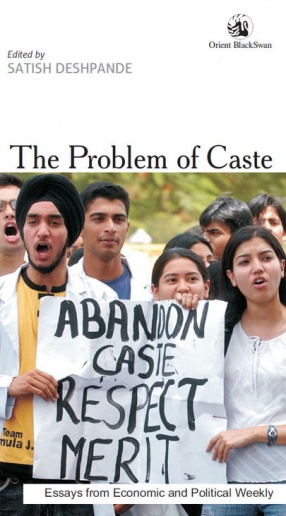
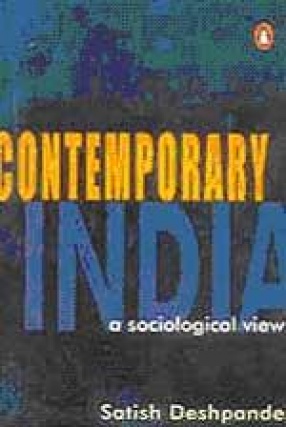
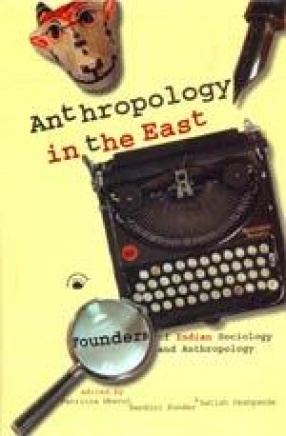
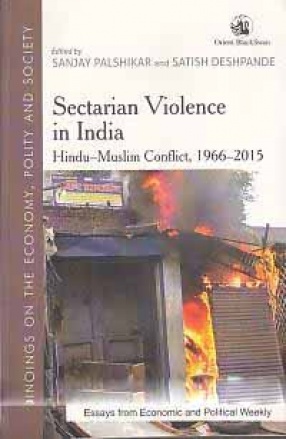

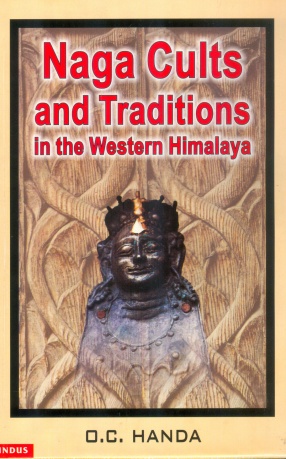
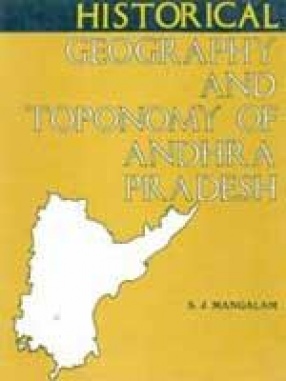
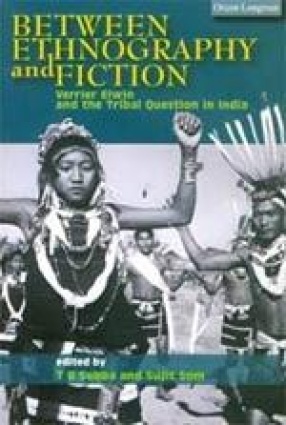

Bibliographic information